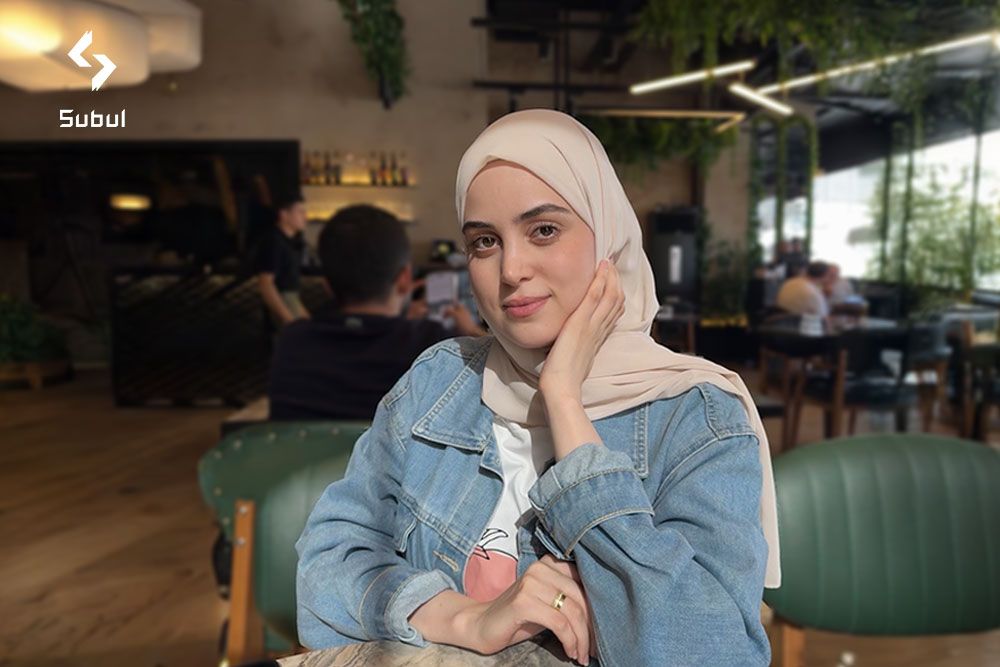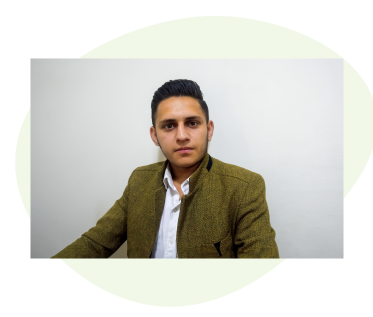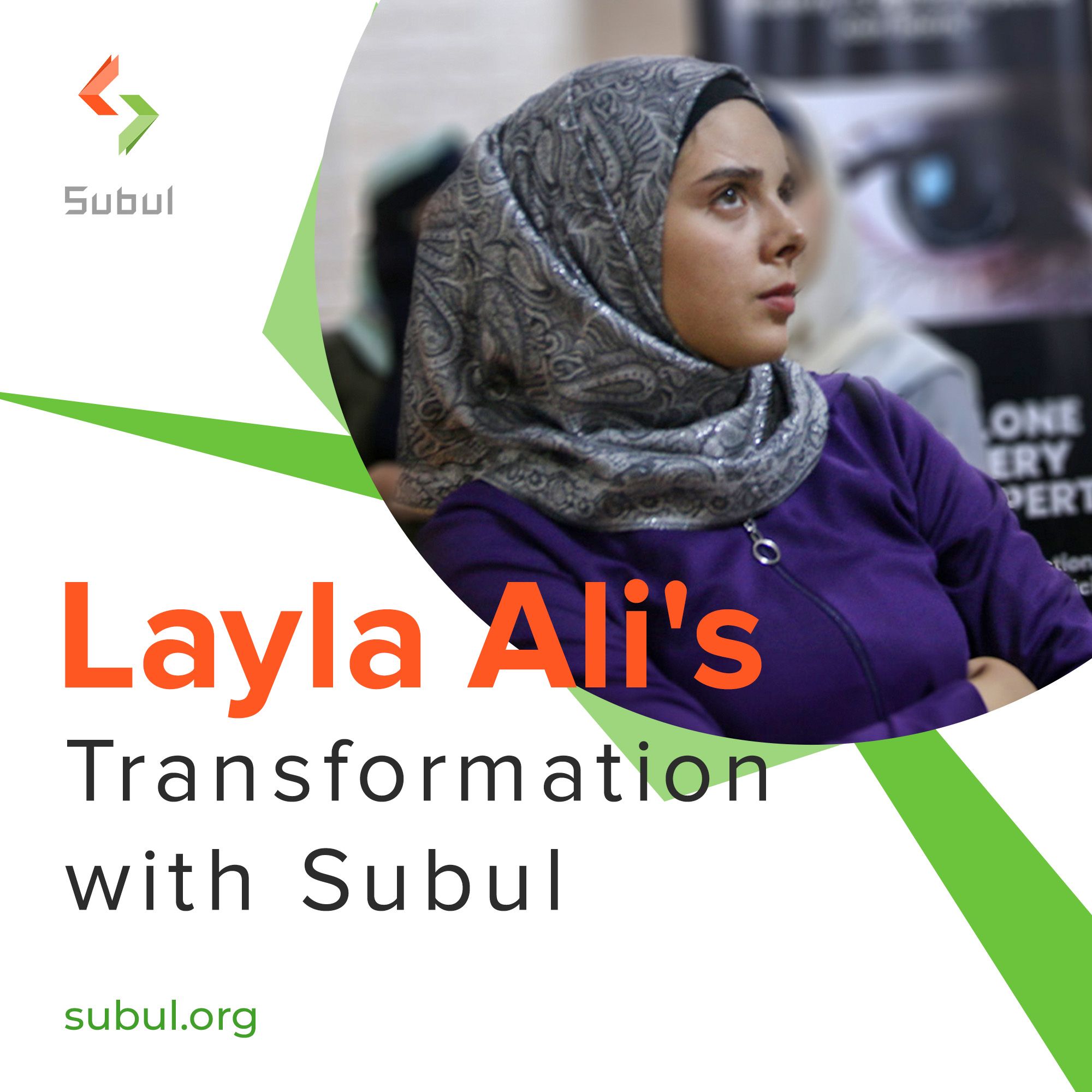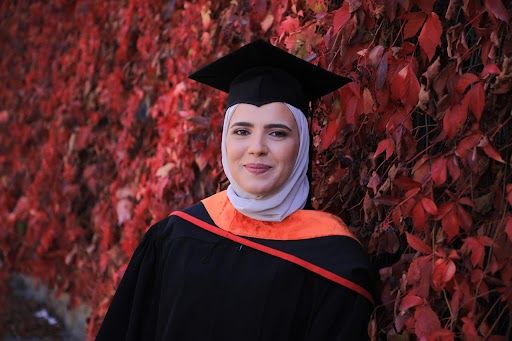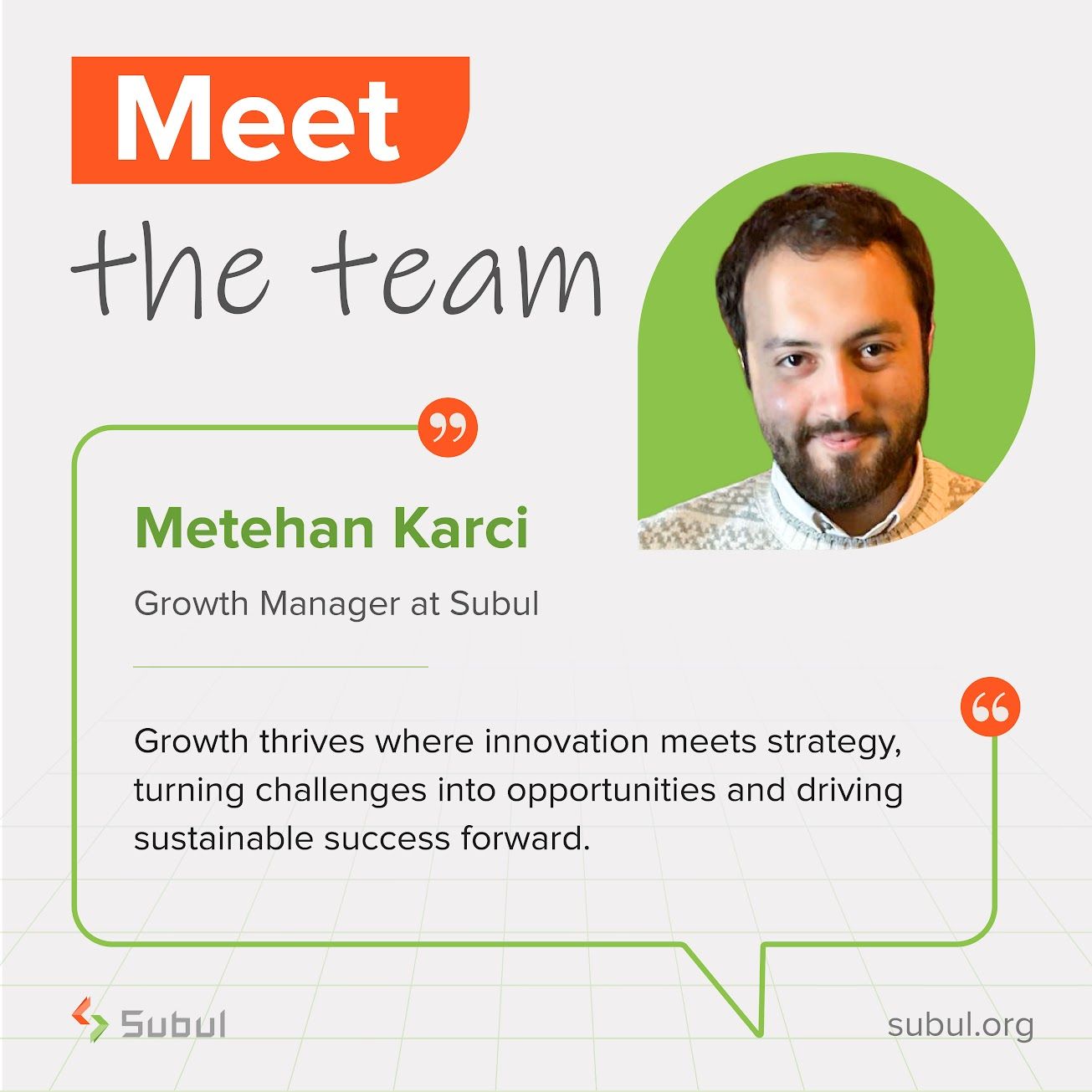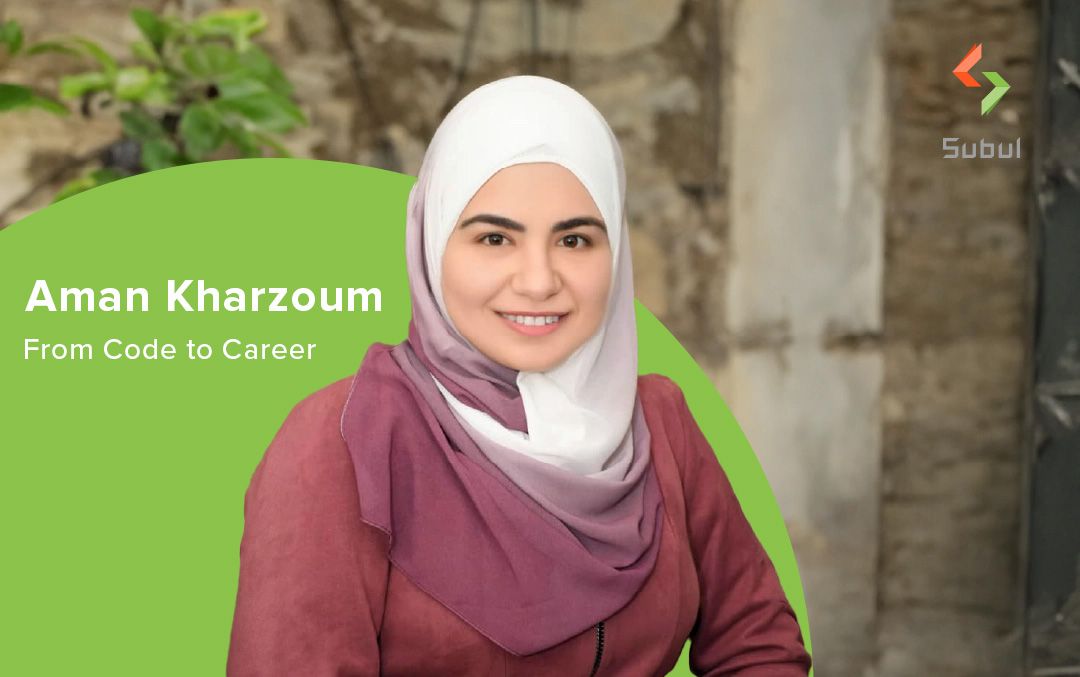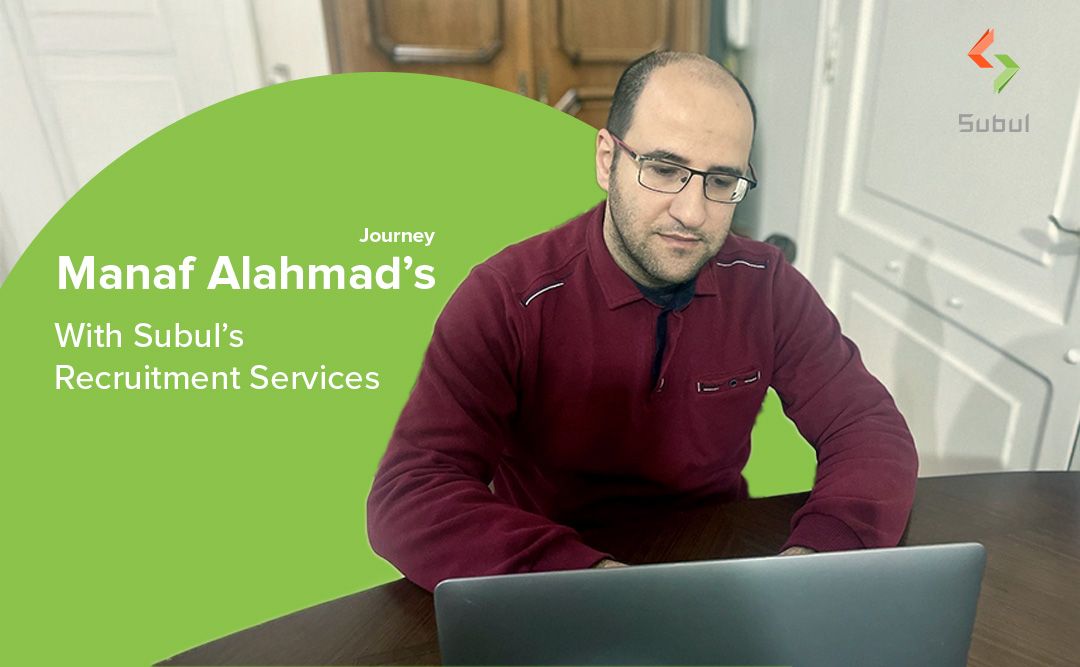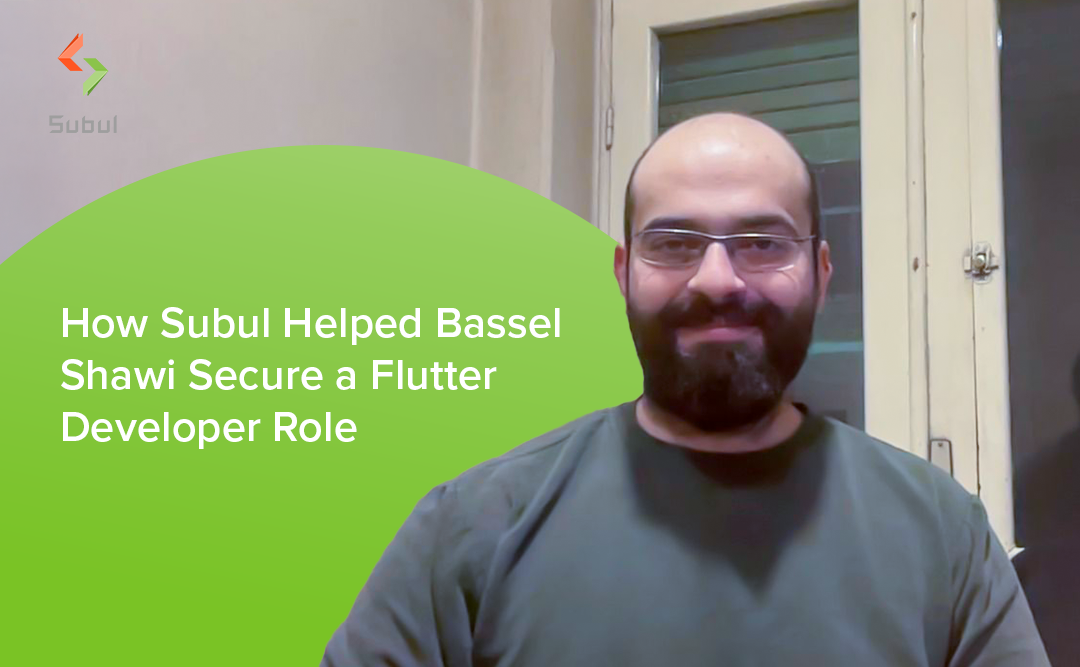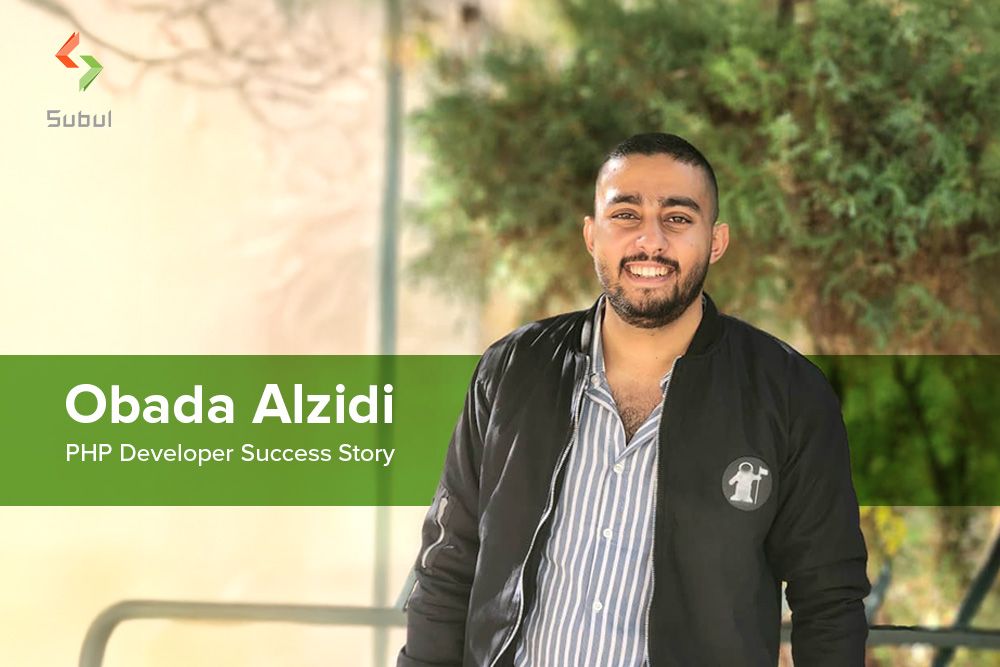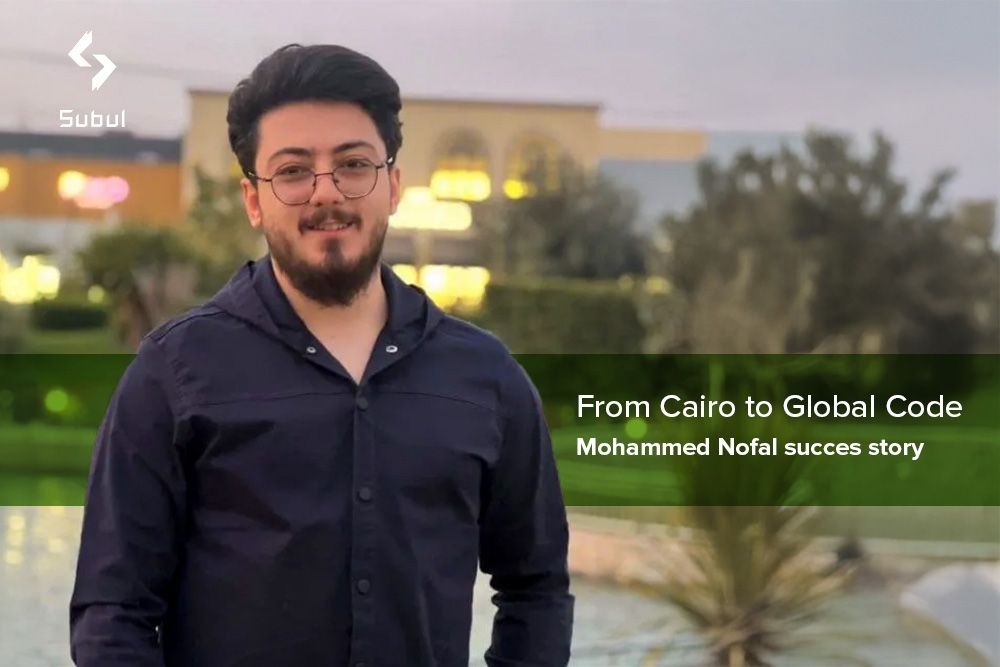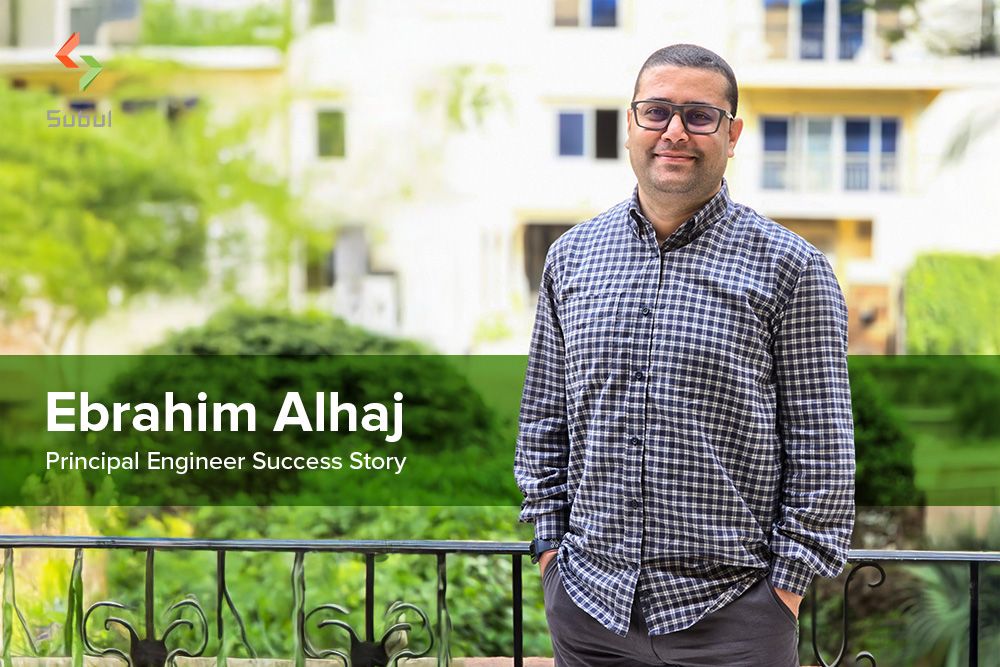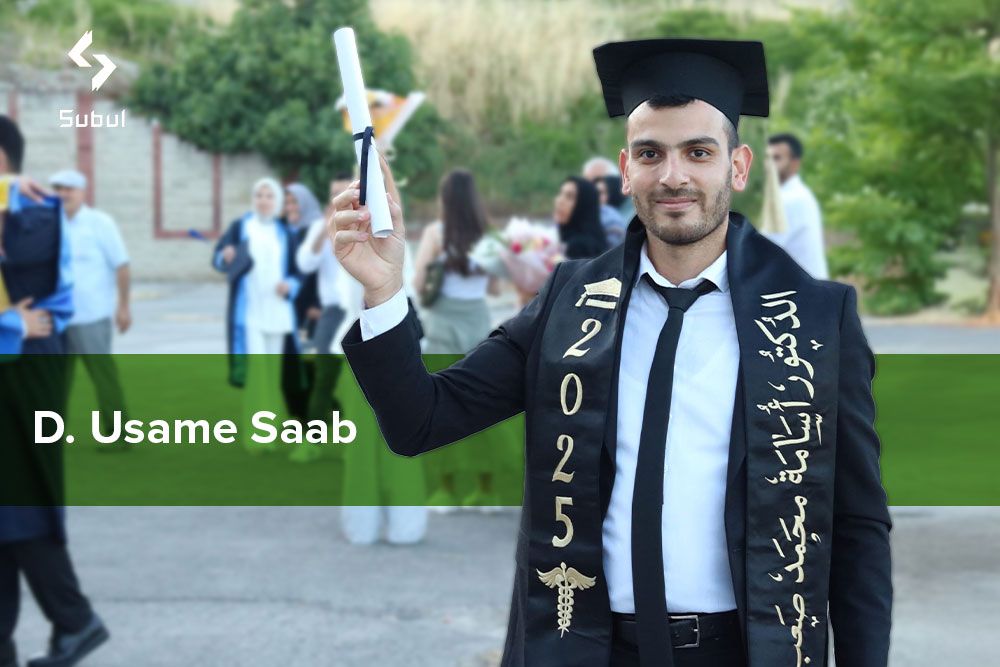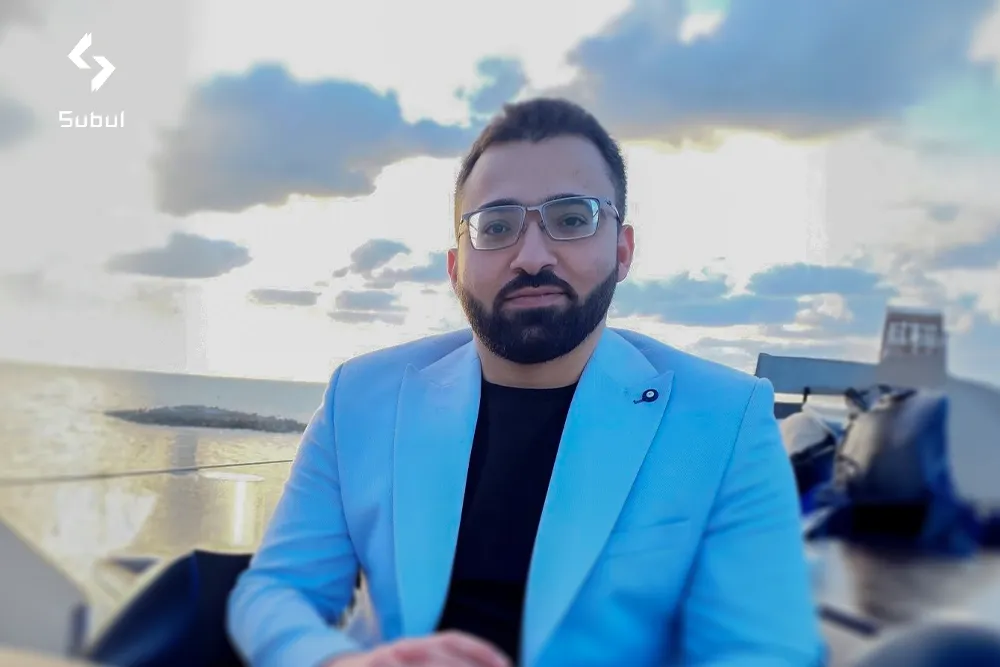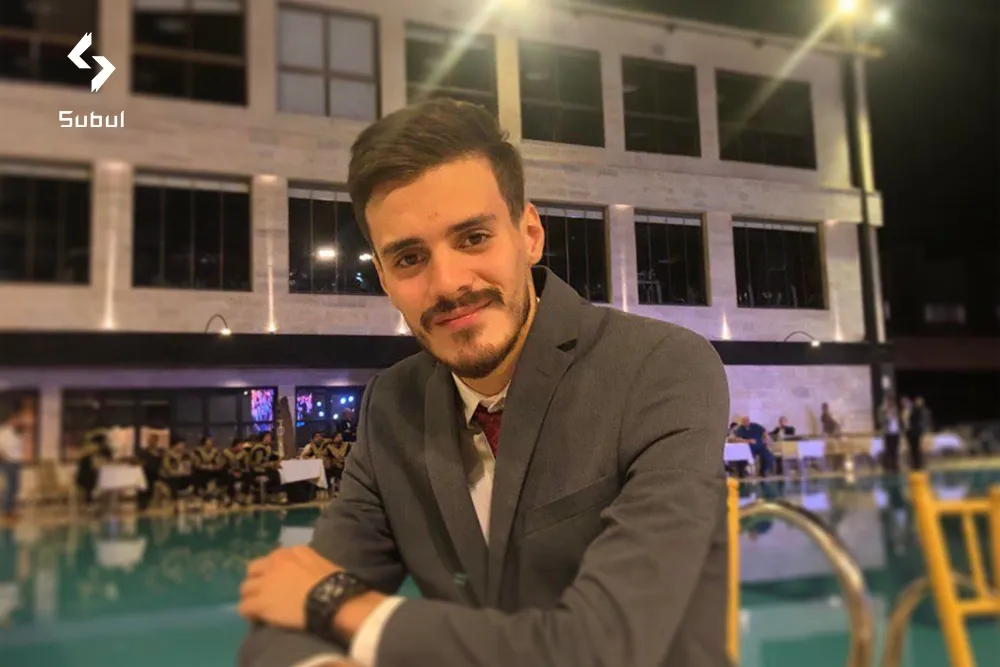Introduction
Judy is an inspiring woman who demonstrates determination and holds vision beyond today’s current realities. Her career journey began when she moved from Saudi back to her hometown in Syria to study Informatics Engineering in 2018. She was moving between different worlds when she returned to Syria and she encountered many challenges given the ongoing political complexities, the near complete lack of infrastructure, and the scarce opportunities.
Education and Early Challenges
Judy graduated in 2023 with her degree in Informatics Engineering, with knowledge spanning computer science, electrical engineering, and software engineering project management. However, despite her relevant skillsets, she encountered the reality that in Syria, finding meaningful professional work is extremely challenging in a system where connections can often matter more than qualifications.
Judy’s job search revealed the harsh realities facing young Syrian professionals today. Employment was largely network-based and restricted: “If you don’t have a connection, you can’t work,” she explains. These connections typically meant family ties or personal favors, not professional merit.
Even when she managed to secure work after graduating, the positions were often unrelated to her field and severely underpaid. Local employers offered salaries as low as $50 per month, with those earning $100 considered “lucky.” The lack of recognition for skills and qualifications left talented professionals like Judy feeling invisible in their own country.
“Without connections, I don’t feel seen. They do not recognize any qualifications,” Judy shares. “The employers do not feel your pain. Even if you give them good value, they do not appreciate this.”
Breakthrough with Subul
In April, Judy’s trajectory began to change when she connected with Subul. Eslam, Subul’s Hiring Manager, provided valuable feedback on her CV. This guidance was extremely helpful and made Judy feel genuinely supported in her professional journey.
Judy spent the next few months trying to find remote work and she conducted a relentless job search across multiple channels. The period was emotionally challenging: “I was really hopeless”.
In June of this year, Eslam reached back out to Judy. Subul had an open position for a customer support role with a client from the Netherlands and Eslam thought Judy would be the perfect fit. Judy was happy to accept the offer and begin working with a team of Serbians in this role.
Initially, Judy was nervous about working outside her local context in Syria, but she quickly discovered unexpected cultural connections with her Serbian colleagues. “We realized the similarities around our culture,” she explains. “They are friendly, helpful, and very similar to Syria. We in Syria are already familiar with diversity.”
Feeling Seen Again
After years of feeling overlooked despite her qualifications, Judy suddenly found herself valued and seen. “Now I feel like I am seen again,” she reflects. “To us Syrians, finding a professional job is a dream. It is hard to find that here.”
Beyond the scarcity of opportunities, remote workers can often face the additional barrier of infrastructure challenges while working in Syria. However, Judy demonstrates her level of dedication by sharing that she uses her mobile hotspot while taxing to the nearest co-working space where she can maintain connectivity the entire way, even during power outages!
Building Global Bridges
Her international work experience with Subul has given her a unique perspective on how to bridge the gap between diverse talent and global opportunities. She shared that Syrians have a weak position in the international market because of a lack of exposure and resources, but she’s also seen firsthand how powerful it can be when Syrian professionals are given the chance to prove themselves.
Her experience highlights the importance of supporting fellow Syrians in building professional careers. She shared, “we have hope that the situation will get better… Syrians need guidance, and I want to be part of that.”
Conclusion: From Invisible to Valued
Her journey from feeling invisible in her own country to being valued by an international team illustrates the potential that exists when talent meets opportunity, regardless of geographic or political boundaries.
“When international companies see someone who used to be not seen in their home country, now that is something,” Judy reflects. Her success challenges assumptions about Syrian professionals and opens doors for others facing similar barriers.
